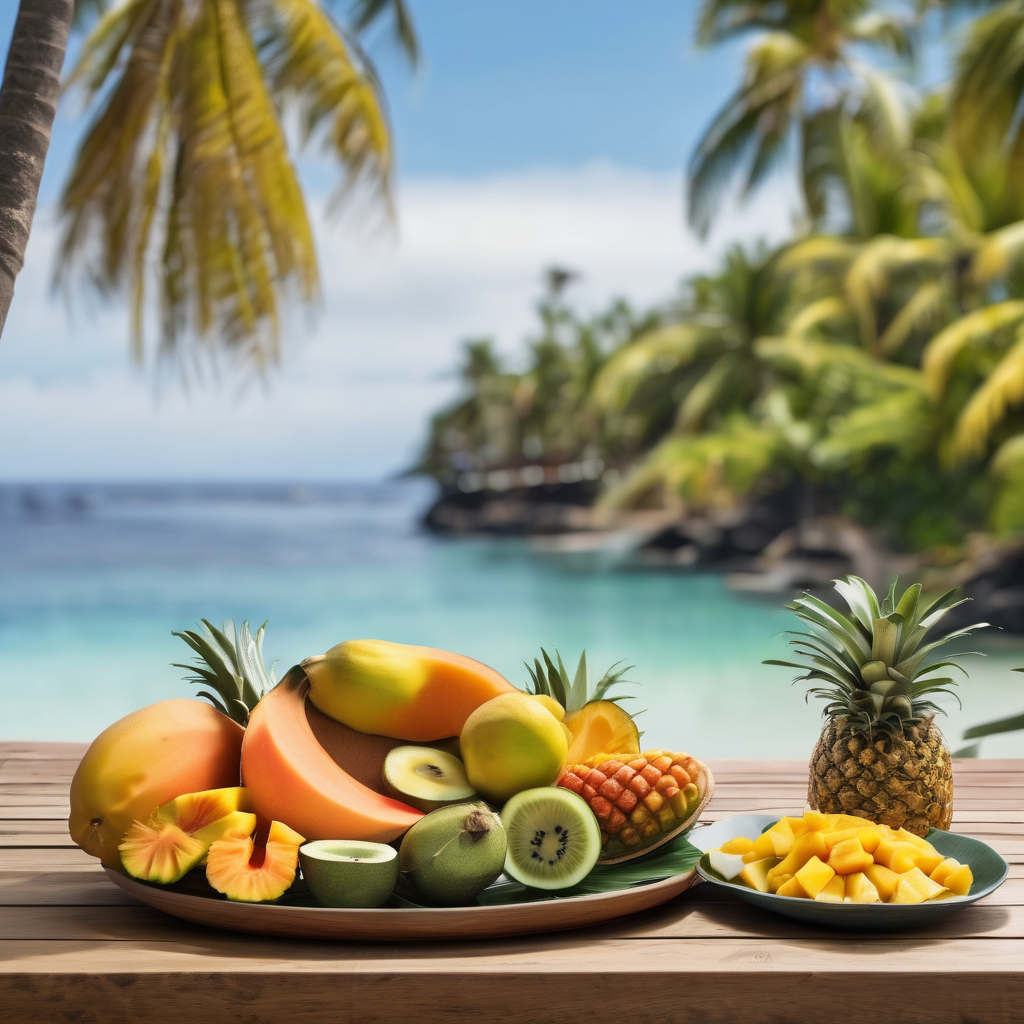The rise in stroke cases among younger individuals in Fiji has become a pressing concern, as highlighted by the President of Counterstroke Fiji, Elizabeth Fong. Traditionally seen as an issue predominantly affecting older adults, the stroke incidence is now drawing attention for affecting the youth, with unhealthy lifestyle choices identified as a key driver of this alarming trend.
Fong pointed to several factors contributing to this health crisis, including poor dietary habits, lack of physical activity, and elevated stress levels. She warned that these unhealthy choices not only jeopardize personal health but may also have widespread repercussions on employment and productivity, ultimately affecting the economic stability of the nation. “By the time they reach 40, they are still young by our population standards, yet severely impacted by strokes,” Fong noted, emphasizing that Fiji is currently grappling with a non-communicable disease (NCD) crisis.
In response to this urgent issue, Fong advocates for heightened awareness campaigns that encourage healthier lifestyles among the youth. Dr. Devina Nand, the Head of Wellness, supports this initiative, urging organizations to collaborate in developing policies aimed at tackling non-communicable diseases. She stressed the importance of comprehensive approaches, including policy advocacy, community engagement, sharing data, and mobilizing resources as critical steps to mitigate the rising concern.
The statistics paint a stark picture – one in four individuals will experience a stroke in their lifetime, which significantly impacts families and communities alike. The call for effective preventive health measures is louder than ever, as the growing stroke rates in Fiji underline the need for immediate action.
Recent data reveals that an alarming three individuals are admitted daily to the Colonial War Memorial Hospital due to strokes, underscoring the urgent requirement for lifestyle modifications within the population. Organizations such as Counterstroke Fiji are vital in this battle, working diligently to promote awareness and address the health challenges posed by non-communicable diseases.
Ongoing initiatives focused on education, community support, and lifestyle changes provide a beacon of hope for a healthier future in Fiji. Through raising awareness and actively engaging communities in health dialogues, there is a real potential for positive transformation, leading to a reduction in stroke incidences across all age brackets. This collective effort paves the way for improved health and well-being for the younger generations in Fiji.
